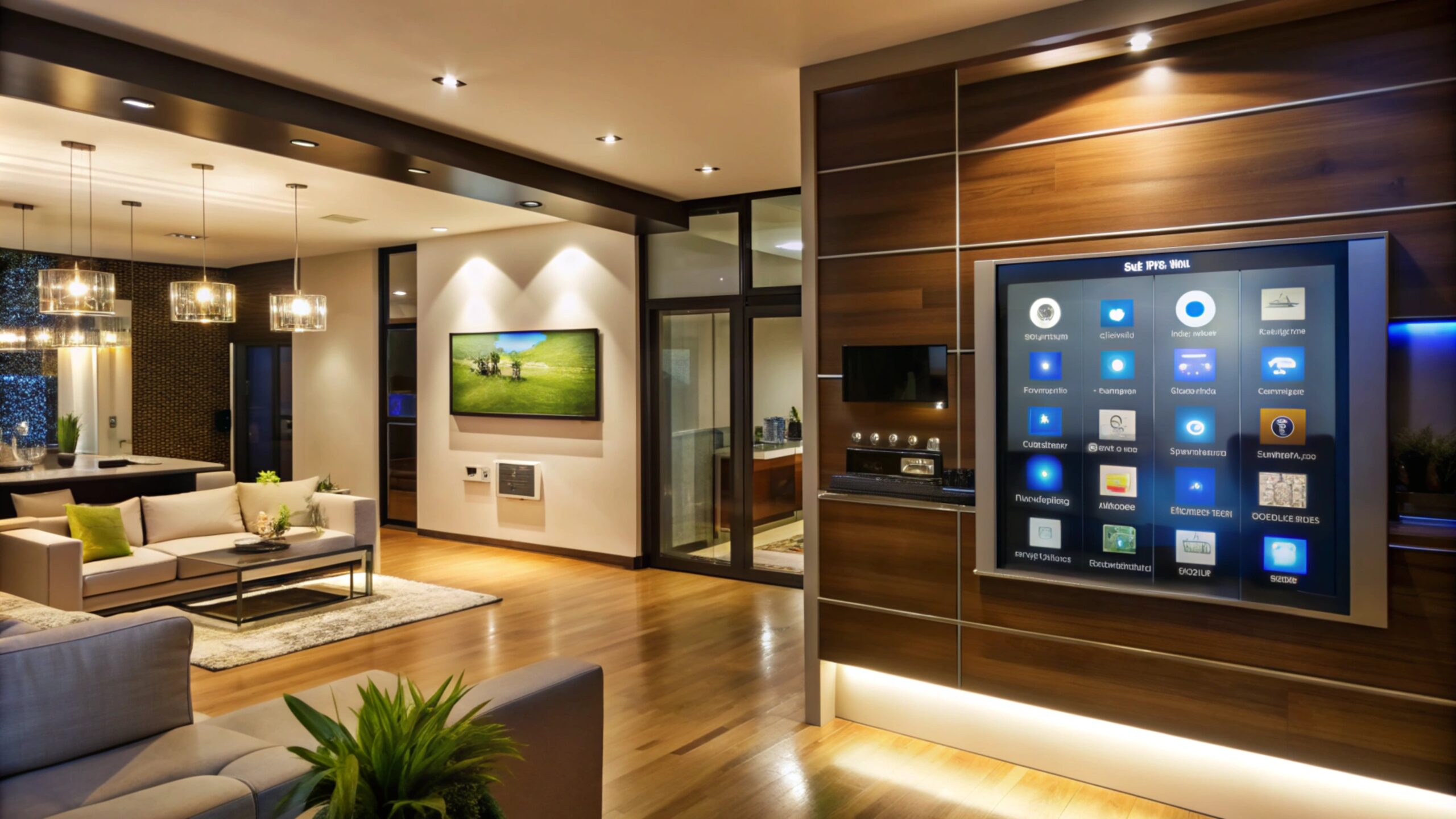In today’s fast-paced digital world, the hospitality industry is undergoing a remarkable transformation through smart technology solutions. Among these innovations, self-check-in Kiosks stand out as game-changers, revolutionizing the traditional hotel check-in experience while meeting modern travelers’ expectations for efficiency and convenience.
As the global smart hospitality market continues to expand, these autonomous check-in solutions are becoming increasingly sophisticated, offering features that enhance both guest experience and operational efficiency.
Self-check-in kiosks serve as digital concierges, enabling guests to bypass long queues and complete their check-in process independently. These sophisticated terminals can verify identification, process payments, encode room keys, and even provide personalized recommendations for hotel services and local attractions. The technology’s ability to handle multiple guests simultaneously has proven invaluable during peak check-in times, significantly reducing wait times and streamlining front desk operations. Many modern kiosks also offer multilingual support, ensuring seamless service for international travelers.
The benefits extend beyond guest satisfaction. Hotel implementing self-check-in kiosks report substantial operational improvements. Staff members, freed from routine check-in procedures, can focus on providing more meaningful guest interactions and handling complex requests. This optimization of human resources not only enhances service quality but also contributes to cost efficiency. Studies suggest that properties utilizing self-check-in kiosks can reduce operational costs by up to 30% while increasing guest satisfaction scores.
Security features integrated into these kiosks have also evolved significantly. Advanced ID scanning capabilities, biometric verification options, and secure payment processing ensure that hotels maintain high security standards while offering convenient service.
Furthermore, the technology’s ability to collect and analyze guest data provides valuable insights for personalized marketing strategies and service improvements. This data-driven approach enables hotels to better understand guest preferences and optimize their offerings accordingly.
The COVID-19 pandemic has accelerated the adoption of self-check-in technology, as hotels seek to minimize physical contact and maintain social distancing protocols. This shift has transformed what was once considered a luxury into an essential service, with guests increasingly expecting contactless check-in options as standard. The pandemic has also prompted innovations in kiosk design, with antimicrobial screens and touchless interfaces becoming more common.
Integration capabilities have become another crucial aspect of self-check-in kiosks.
Modern systems seamlessly connect with property management systems (PMS), customer relationship management (CRM) platforms, and other hotel operations software. This interconnectivity ensures real-time room availability updates, synchronized guest profiles, and automated communication between different departments, creating a more efficient and coordinated service environment.
Looking ahead, the self-check-in Kiosk market is poised for continued growth within smart hospitality sector. Innovations in artificial intelligence and machine learning promise even more sophisticated features, such as predictive service recommendations and automated room upgrades. Voice recognition technology and augmented reality interfaces are expected to further enhance the user experience, making check-in processes even more intuitive and engaging.
As sustainability becomes increasingly important in the hospitality industry, self-check-in kiosks are also evolving to support environmental initiatives. Digital documentation and paperless processes reduce waste, while energy-efficient designs minimize power consumption. Some hotels are even incorporating recycled materials into kiosk construction, demonstrating their commitment to eco-friendly practices.
The future of hotel check-in lies in finding the perfect balance between technological efficiency and personal service. While self-check-in kiosks automate routine tasks, they also enable hotels to redirect their human resources toward creating meaningful guest experiences. As these systems continue to evolve, they will remain at the forefront of the industry’s transformation toward smarter, more efficient, and guest-centric operations.
